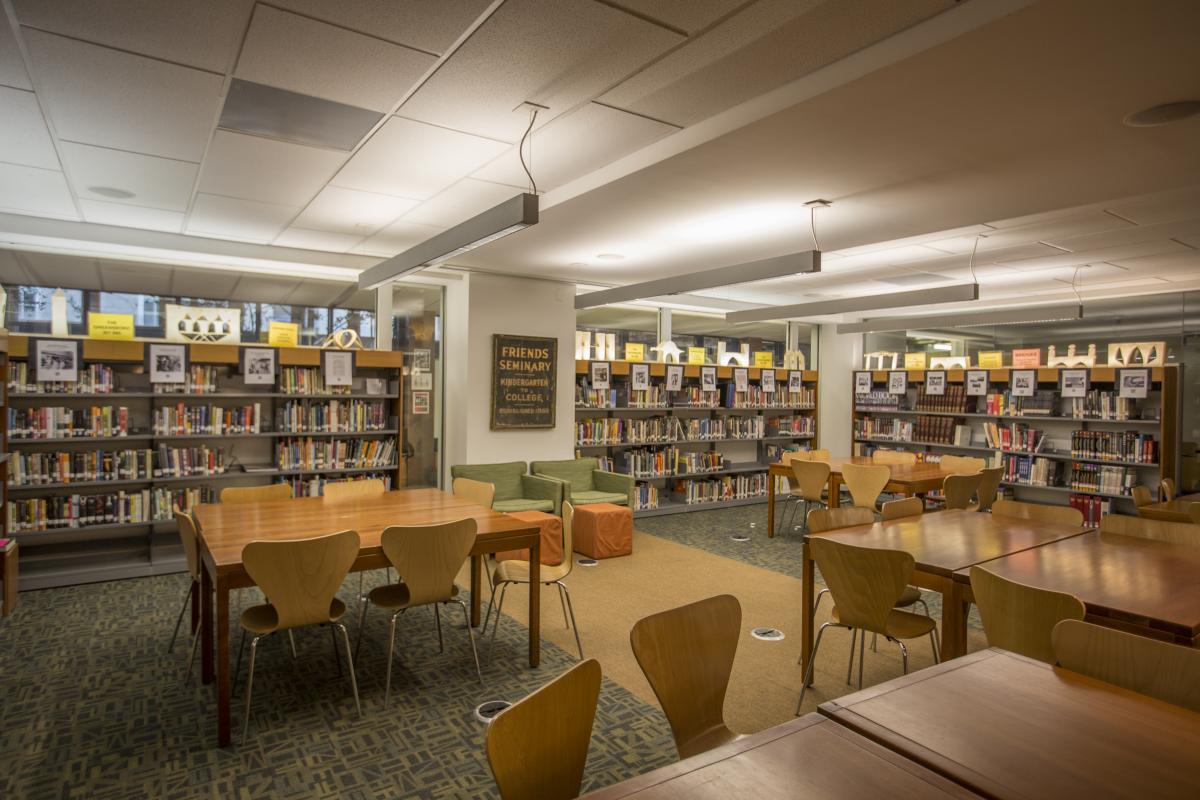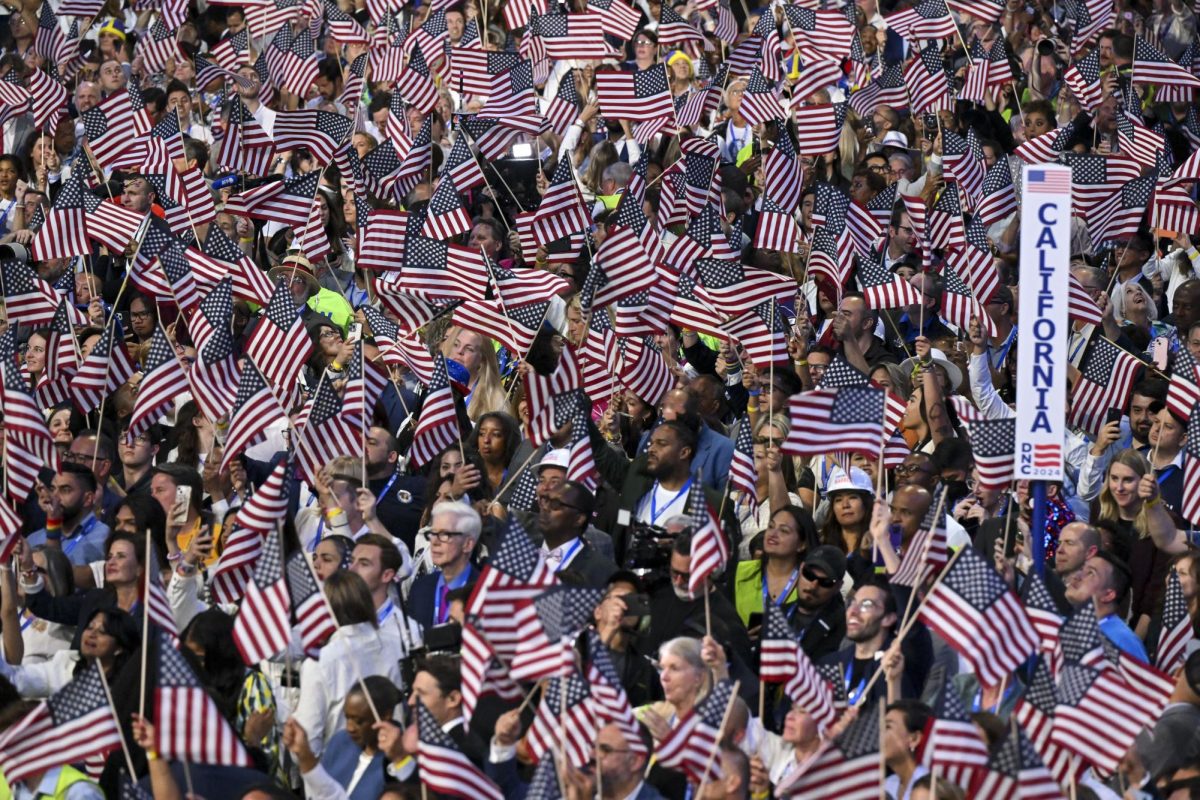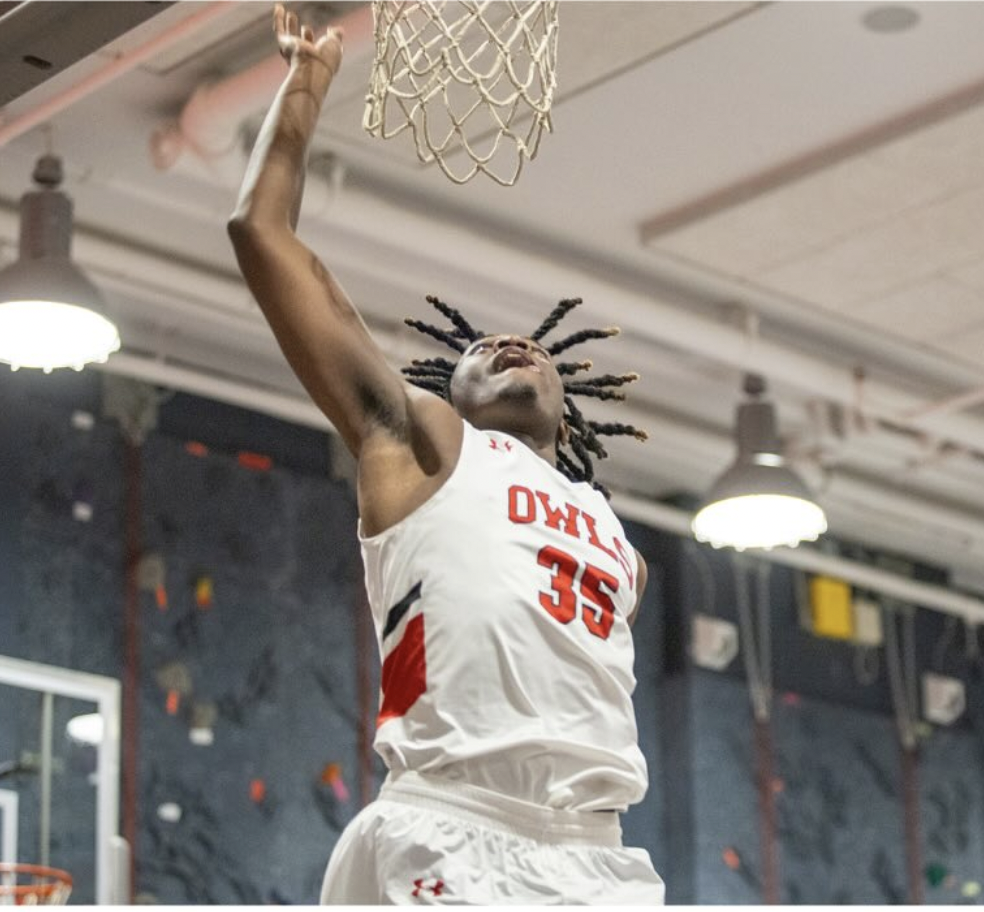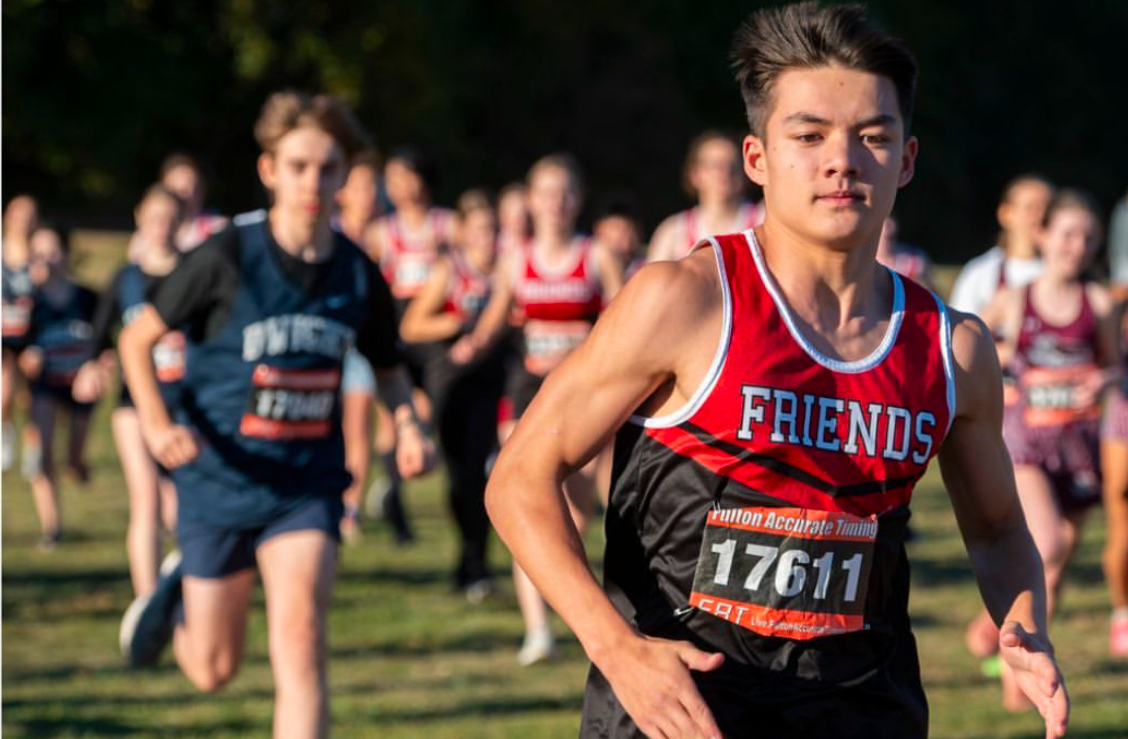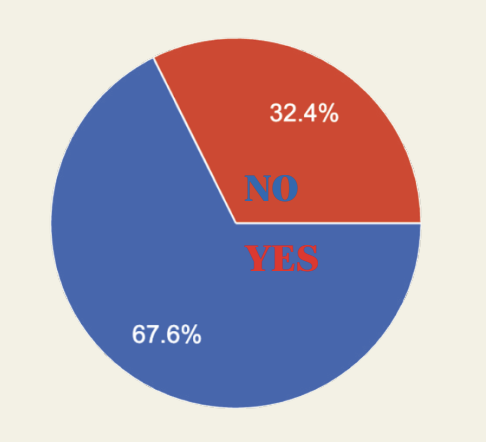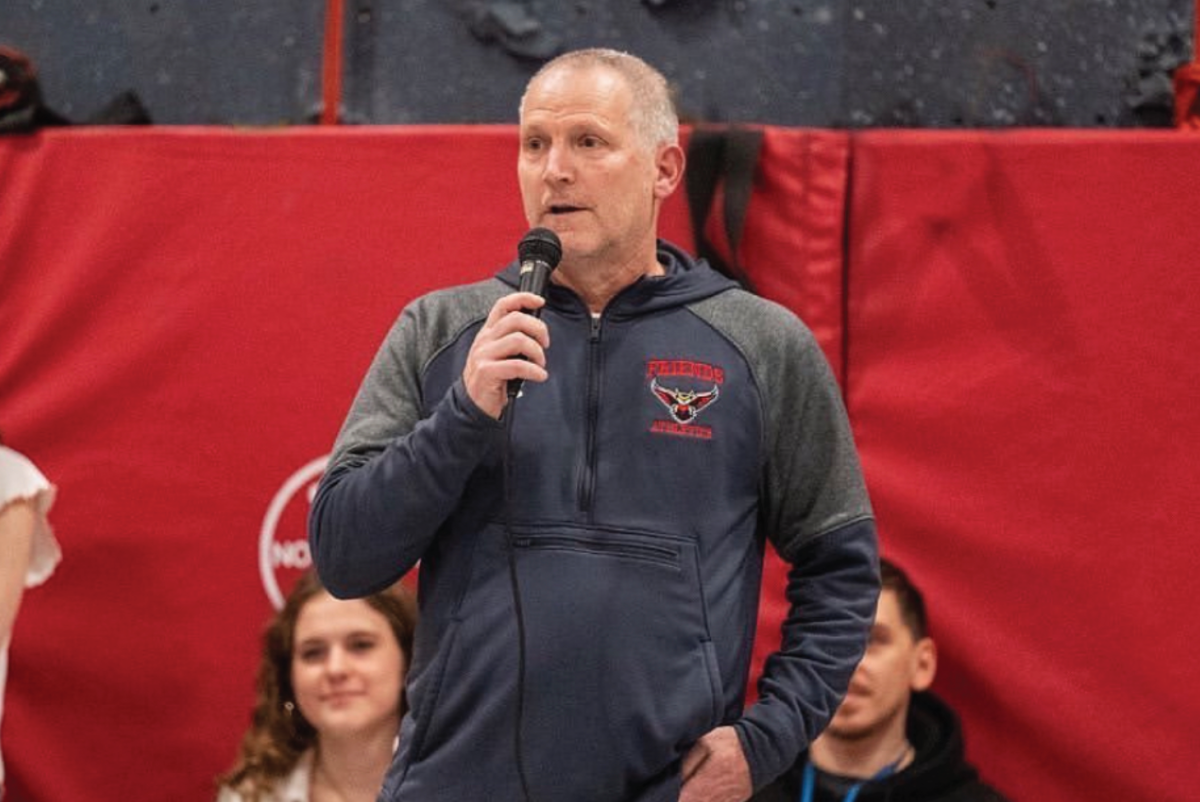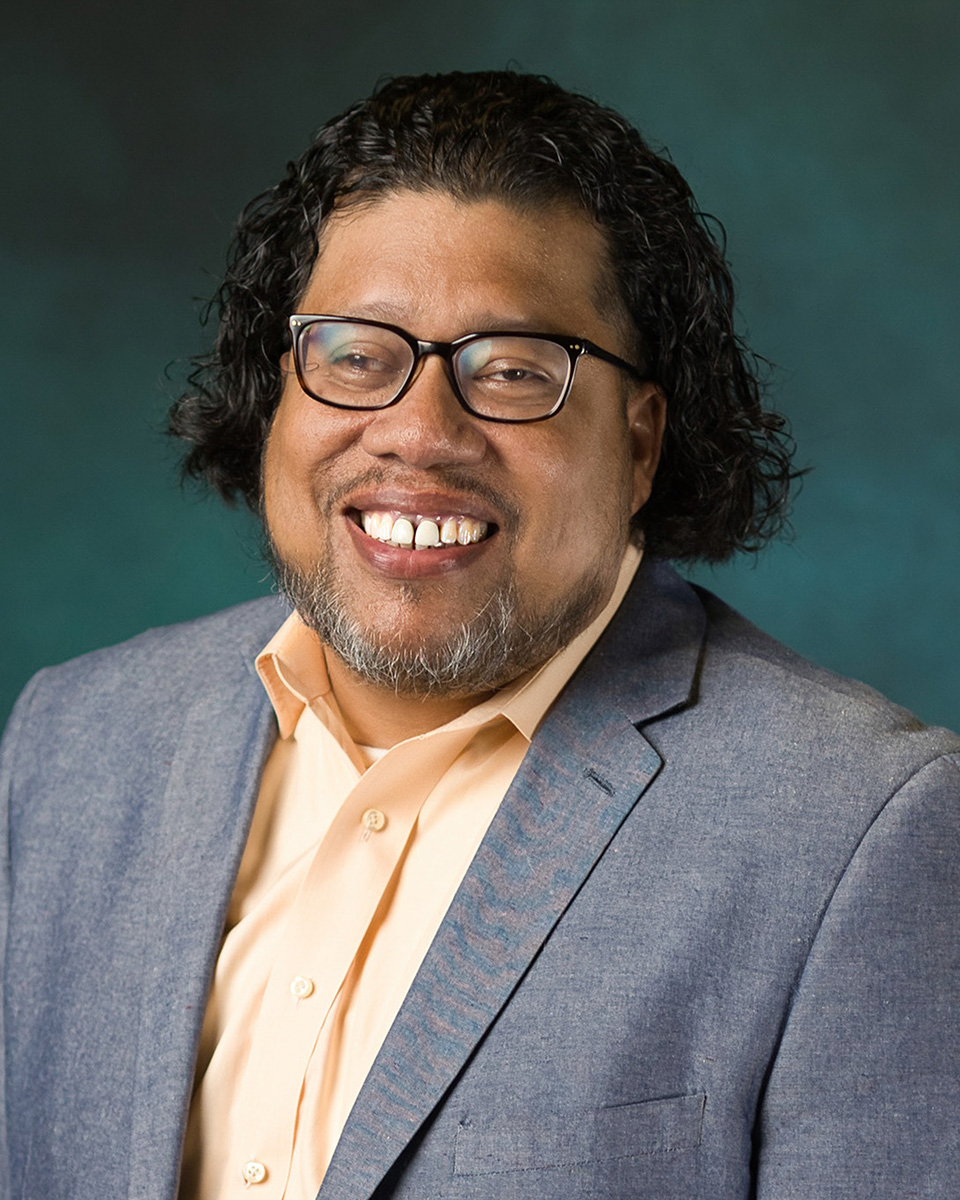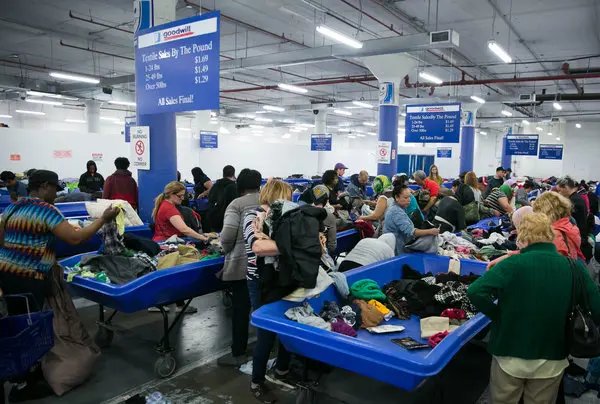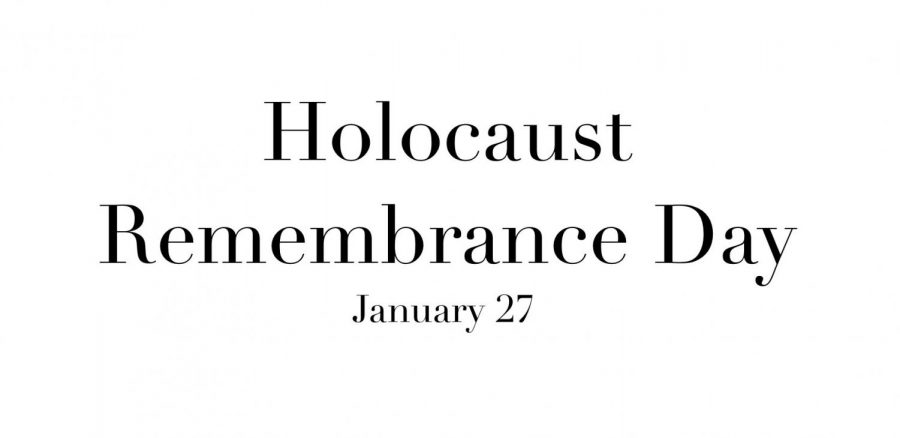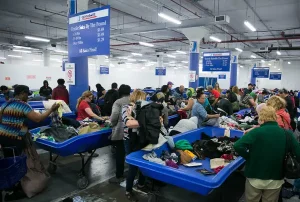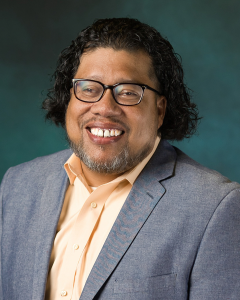Community members discuss, reflect on Holocaust Remembrance Day
Community members took Holocaust Remembrance to reflect on the horrors of the Holocaust and discuss its legacy.
February 11, 2021
On Holocaust Remembrance Day, individuals remember the lives of the six million Jews and millions of other victims – including people with disabilities, Poles, Romani, and gays, among others – who died in the Holocaust. Friends community members explained how they commemorated the Holocaust on January 27, and why they believe it is vital for them to do so.
Jewish Culture Club leaders Ilan Schwartz ‘21 and Itamar Even ‘21 said they used their club meeting time to remember the holocaust, discuss bigotry, and draw parallels to the present day.
“We had a meeting and drew modern parallels to fascistic tendencies that we have in the real world right now,” Even explained.
Schwartz said that they focused on why persecution exists and what they can do to prevent it.
“We spoke about what’s at the root of these issues and what allows bigotry to persist,” Schwartz said.
Even said that they also talked about what people could do to prevent an atrocity like the Holocaust from occurring again.
“We spoke about using education to put an end to bigotry, and strategies like that to use in the future so that the Jewish people are never persecuted to such a great extent again,” Even said.
Aidan Taubenblat-Roberts ‘23 said that even though his family has been preoccupied with the stress of pandemic, they took the time to discuss and remember the Holocaust.
“My mom always makes time to talk about the Holocaust no matter the circumstances, because it is an event that is too terrible to be forgotten,” Taubenblat-Roberts said.
Taubenblat-Roberts said that his grandfather has always been reluctant to talk about the Holocaust because of the trauma he and his family experienced fleeing Poland to escape persecution in Russia.
“He recently opened up and did interviews.” Taubenblat-Roberts explained, “He knows that the memory of the Holocaust and survivors’ experiences cannot be lost.”
Zach Halverstfam ‘24 also spoke with his grandparents about their experiences as Holocaust survivors.
“They have very good perspectives on it, and they have really helped me process it,” Halverstam said.
Upper School Math Teacher Ben Frisch – who though a practicing Quaker, lost two great-grandmothers at Auschwitz – said that he learned about the Holocaust from with his Jewish father.
“Every two weeks when I visited my father, in the car ride to his house, he would tell me stories about his childhood and his life,” Frisch said.
Frisch explained that when he was growing up, people didn’t talk much about the Holocaust.
“I think my parents’ generation in a way really wanted to forget,” Frisch said. “It took a decade or two before they finally came to terms with it.”
Although the Holocaust happened over 75 years ago, hate speech, violence, and conspiracy theories are regularly directed at the Jewish communities. Taubenblat-Roberts said he believed it is vital to talk about the Holocaust while anti-Semitism occurs on both sides of the political spectrum.
“Anti-Semitism is still on the rise in both the far right and the far left,” Taubenblat-Roberts said. “We need to talk about the Holocaust so that the anti-Semitism doesn’t escalate like it did before.”
Taubenblat-Roberts also offered a recent example of how anti-Semitism still exists in popular culture by pointing to comments made by Georgia Representative Marjorie Greene.
“Just a few days ago Representative Marjorie Greene said that she thought Jews started the California wildfires with a space laser.” Taubenblat-Roberts said. “It’s just absolutely ridiculous.”
Halverstam was also shocked when he heard about Representative Greene’s conspiracy theory.
“It’s kind of scary to see people so many years after the Holocaust still spreading things like this about the Jews,” Halverstam said.
Similarly, Schwartz and Even said they think talking about the Holocaust is particularly important while they see leaders exhibiting fascist tendencies today.
“We talked a bit about the capital insurrection in our club, delegitimizing democratic elections, and also that a lot of the world is moving to the extreme right,” Even said. “Brazil’s leader has been accused by many news outlets of being a fascist leader, and so there’s all sorts of signs that the world is going in certain parts back to a time that we really don’t want to go back to.”
Schwartz also drew parallels between the actions of current leaders’ and those that led up to Holocaust.
“There are so many lies that are being fed by Trump.” Schwartz said. “And we saw that once you say a lie a certain amount of times people believe it. We saw that happen in the 1930s when Hitler said that the Jews were causing the economic downturn of the country.”
Even made a connection between the Holocaust and one of the more recent events in politics: the captial riot.
“We saw people wearing anti-Semitic shirts, and there were clear connections to white nationalist groups,” Even said. “Obviously Trump didn’t overtly say the Jews took the election from us, but generally speaking when you have a widespread conspiracy, a lot of people tend to place blame on the Jewish people.”
Schwartz and Even emphasized how talking about the Holocaust can warn people about the dangers of fascist leaders.
“I was reading this article by a reporter that covers Putin and other fascistic leaders,” Schwartz said. “She was saying that in the 2016 election, people didn’t think Trump was going to go through with the things he said he was going to do. But oftentimes fascist leaders do what they say they are going to do, and even surpass that, which is exactly what Hitler did.”

